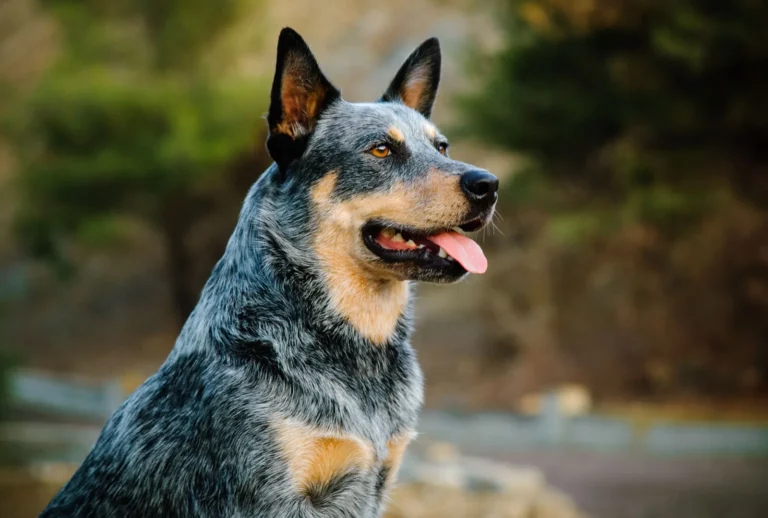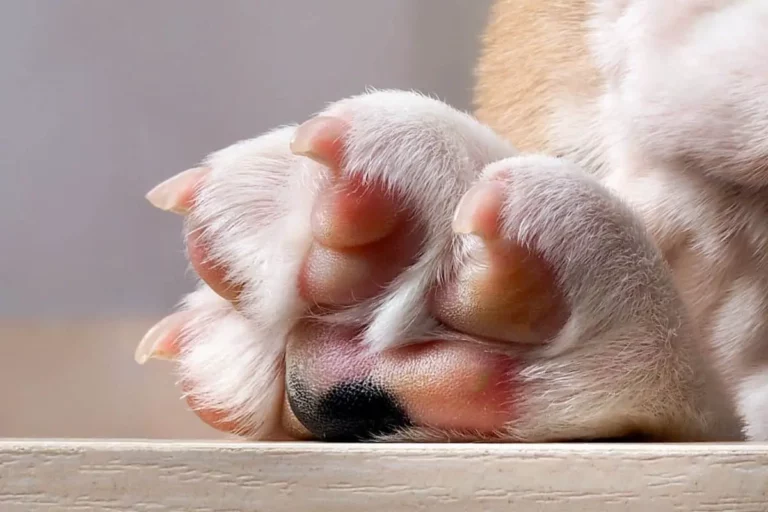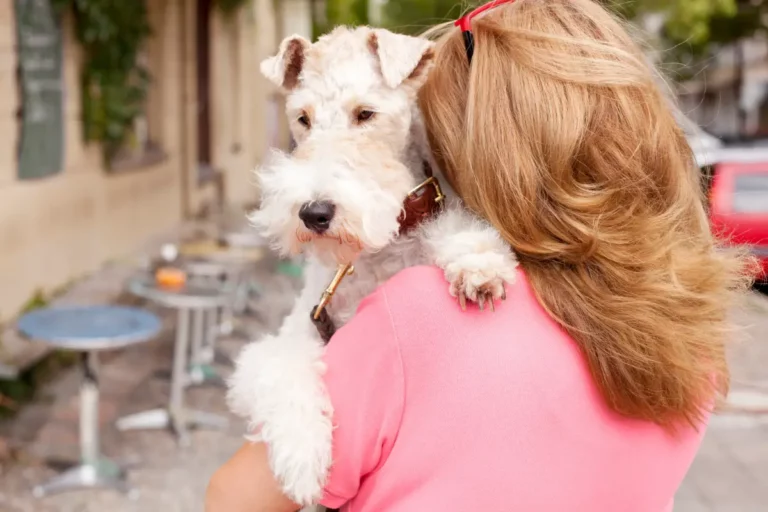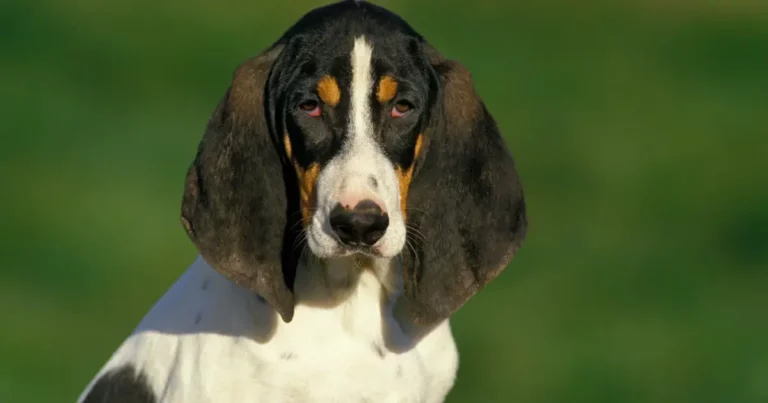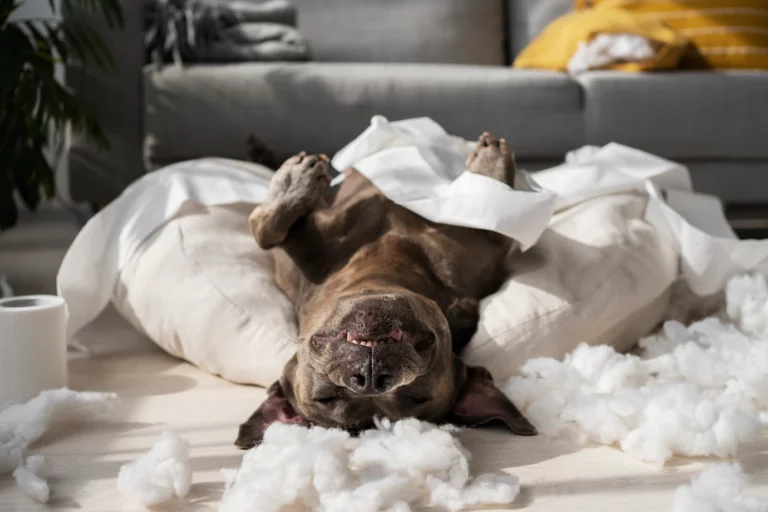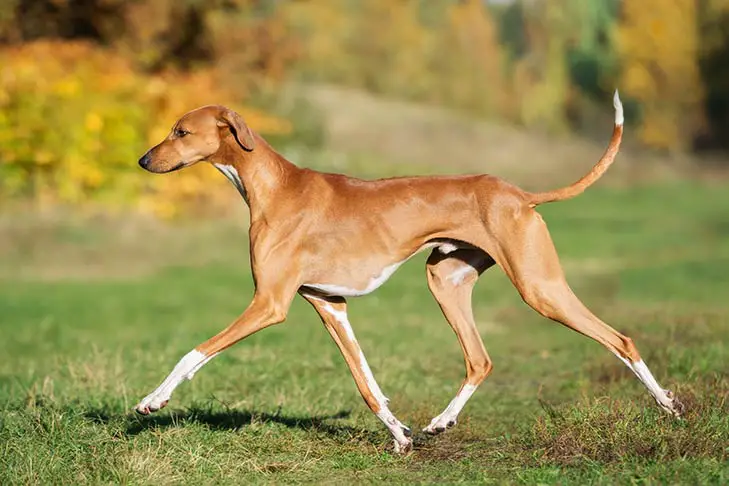Why Do Dogs Mouths Quiver After Licking? (Explained!)
Dogs often show happiness and relaxation by quivering their mouth after licking, which is the result of endorphins’ release.
Licking is a common behavior among dogs, and they may do it for multiple reasons, such as grooming, showing affection, investigating smells or tastes, or cleaning a wound.
When dogs lick something, endorphins are released, which are hormones that help to reduce stress and promote relaxation, causing their mouth to quiver.
Mouth quivering is a harmless, temporary occurrence in dogs. Still, if it happens frequently, it may be a sign of an underlying medical or neurological condition, and it is crucial to get your dog checked out by a veterinarian.
Some of the reasons why dogs lick things include showing affection towards humans and other animals, cleaning themselves, seeking attention, or enjoying something.
It is essential to pay attention to your dog’s licking behavior’s context and frequency, which can help identify if the behavior is natural or caused by an underlying issue.
Let’s dive in deeper to answer the question ‘why do dogs mouths quiver after licking?’…
Key takeaways
Quivering after licking can be due to excitement or anticipation.
Certain smells or tastes may cause a dog’s mouth to quiver.
Cold weather might induce quivering as a physiological response.
It could indicate dental or oral issues needing vet attention.
Some senior dogs experience quivering due to age-related conditions.
It could be a symptom of a neurological issue, requiring immediate vet consultation.
What is quivering?
Quivering is a jerky, involuntary movement of the lips and mouth, often accompanied by a shivering sensation. It is quite common among dogs. Most of the time, quivering is a harmless, temporary occurrence and shouldn’t be a cause for concern.
If your dog is quivering more often than not, it may be a sign of an underlying medical condition or neurological disorder. It’s important to get your dog checked out by your veterinarian if their quivering persists.
It’s not uncommon to see your dog quiver their mouth after licking.
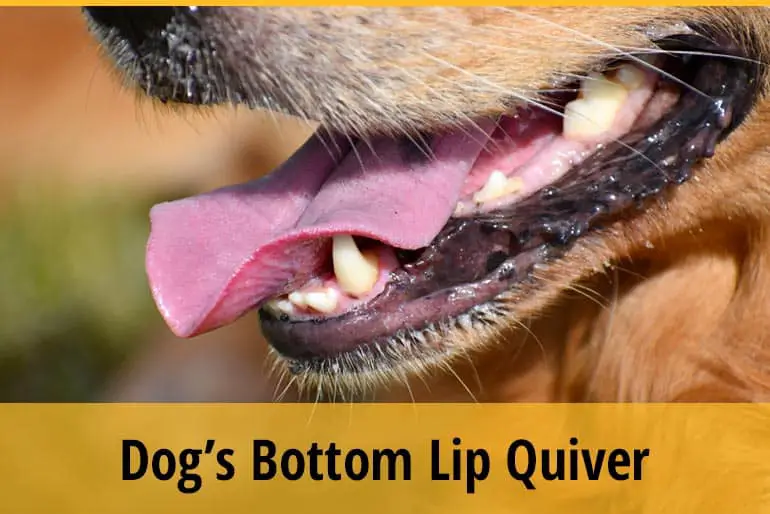
The most likely reason for this behavior is that it releases endorphins, which are hormones naturally released by the body to help reduce stress and promote relaxation.
The release of these hormones can cause your dog’s mouth to quiver, which will usually only last a few seconds.
When dogs lick themselves, it can be a sign of comfort and even pleasure, so if you notice your dog quivering their lips after licking, it could mean they’re in a good mood.
What is my dog thinking?
A dog’s mouth might quiver after licking due to the excitement of the taste or smell they just experienced. It’s their way of savoring the moment.
What causes mouths to quiver?
Mouth quivering is caused by a release of endorphins. Endorphins are natural hormones made by the body that are released when an animal experiences something pleasurable, like licking.
This release of endorphins provokes a physical response in the muscles, causing the animal’s mouth to quiver.
Although scientists don’t fully understand why this happens, they do know that it is related to the pleasure that the animal receives while licking. It is important to remember that a dog licking itself or other animals is usually a sign of affection and not aggression.
Licking releases oxytocin, another hormone, which is associated with love and trust. Dogs may lick for a variety of reasons, including showing love, seeking attention, or trying to clean a wound.
Regardless of the reason, it is important to remember that a quivering mouth after licking is a natural response to the release of endorphins. There is no need to worry if your dog’s mouth quivers after licking, as this is a natural response.
It is important to be mindful of why your dog is licking, as it could be a sign of affection or a sign that it is trying to clean a wound. It is also a good idea to keep an eye on your dog’s general behavior to make sure it is happy and healthy.
Quivering After Licking
When dogs lick something, they are releasing endorphins that make them feel good. As a result, some dogs may quiver their mouths.
While it may look strange, it’s a perfectly natural reaction. Why do dogs lick?
Licking is a way for dogs to show affection towards humans and other animals. It’s also a way for them to show submission. Dogs may also lick to clean themselves or to show that they’re enjoying something.
If your dog’s mouth starts quivering after licking, don’t worry – it’s totally normal. If the quivering continues for an extended period of time, it’s wise to take your pup to the vet just to make sure there’s no underlying health issue.
Endorphins and Quivering
Endorphins are hormones released in the brain, and they are responsible for a lot of things, including happiness and stress relief. After a dog licks something, the act can trigger the release of endorphins. This can cause the dog’s mouth to quiver, or tremble, for a few moments.
It’s not necessarily a sign of distress or discomfort, but rather a physical response to the pleasure derived from licking.
Dogs will even lick objects or people to gain comfort and seek out that endorphin boost. If your pup has recently licked something, chances are they’re feeling a pleasant sensation which is causing their mouth to quiver.
As long as this behavior doesn’t continue for too long and your pup isn’t exhibiting any other signs of distress, you have nothing to worry about. Licking is an important part of canine behavior and should not be discouraged.
If you ever observe your pup licking something and then quivering their mouth afterwards, remember that it’s likely a sign of contentment and comfort.
Enjoy watching your pup as they explore and gain pleasure from their environment.
Reasons Why Dogs Lick
Dogs licking is a natural behavior that has multiple possible explanations. It can show affection, indicate submission, communicate that something is wrong, or even act as an attention-seeking behavior.
Licking releases endorphins which can explain why dogs quiver after licking. It is important to pay attention to the context and frequency of your dog’s licking, as it can help to identify if the licking is a natural behavior or if it is caused by an underlying issue.
If your pup does a lot of licking, it might be a sign of anxiety or boredom. To help alleviate this, try giving your furry friend more exercise and mental stimulation.
Provide daily playtime and try to incorporate things like puzzle toys and interactive activities.
If your pup still licks excessively, consider visiting a vet to rule out any underlying medical issues or to see if your pup needs any behavioral training.
Related:
Final Words on Why Dogs’ Moths Quiver After Licking
Dogs may quiver their mouth after licking due to the release of endorphins, which create a feeling of pleasure and relaxation. Licking can also be a sign of affection, grooming, investigating, or seeking attention.
Quivering is usually harmless, but if it persists, it may indicate an underlying medical condition or neurological disorder, and a veterinarian should be consulted.
Licking can also be a sign of anxiety or boredom, and increased exercise and mental stimulation may help alleviate excessive licking.
Additional resources:
- American Kennel Club. (n.d.). Why do dogs lick? https://www.akc.org/expert-advice/health/why-do-dogs-lick/
- Rosado, B., García-Belenguer, S., León, M., Chacón, G., Villegas, A., & Palacio, J. (2011). Olfactory preferences of dogs: effects of sex and reproductive status. Chemical senses, 36(7), 599-605. https://doi.org/10.1093/chemse/bjr019

